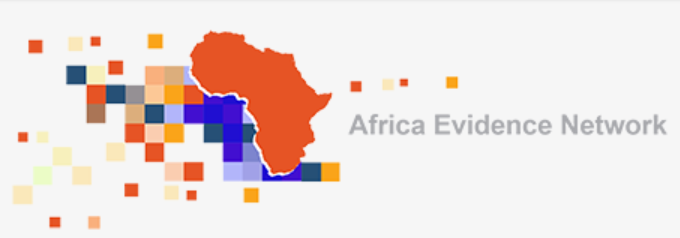
Not all workshop participants worked equally hard
“It’s worse than pulling teeth!” “I’ve had enough now. No more! Can this just end!” “This rollercoaster ride of highs and lows, of lack of energy – eish!” “How do I do it? Please, help!” Is this coming from some torture camp? No, these are expressions of Masters and Doctoral students, many caught in the nexus of work-life-study, expressing the emotions they experience while writing their dissertations / theses. And it highlights their feelings of fear, fault and failure.
That is why the vice-dean of teaching in the Faculty of Humanities at the University of Johannesburg supported UJ’s Africa Centre for Evidence (ACE) to run a pilot retreat for 11 students busy with MA and PhD degrees. A handful of these students are studying full-time, with others working for government and NGOs. Why would ACE get involved with postgraduate students registered in Social Work, Development Studies, and Politics and International Relations?
The last three years we ran the UJ-BCURE project in South Africa and Malawi focused on building capacity with government officials in the use of research evidence for policy making. From this experience and lessons learnt, we started exploring how we could support government officials enrolled for MA and PhD degrees. The multiple demands of life, full-time work and study mean that government officials many times struggle to find time to make progress with their academic writing. One idea of this pilot retreat was to trial a programme that would spurt postgraduate students along the path of submitting their dissertation / thesis.
Further, our suggested intervention required an ‘outsider’ to the supervisor-student relationship, and to the department where the student is enrolled, to facilitate a process of moving them along in their thesis/dissertation writing process. The purpose of the retreat was then two-fold: (1) analyses of where and why students are stuck, and (2) solutions and tips to ensure progress in their writing so they can submit for examination soonest.
The pilot retreat accommodated 11 MA and PhD students, most of whom had already completed their fieldwork research and were writing up, whilst a few were still to embark on fieldwork. Three of the facilitators were from ACE – our director Prof Ruth Stewart, visiting academic Dr Carina van Rooyen and Sunet Jordaan, our training manager. The other facilitators were Prof Maria Frahm-Arp (UJ Humanities vice-dean teaching), Dr Nokuthula Hlabangane (Department of Anthropology and Archaeology at Unisa) and Dr Edith Phaswana (Thabo Mbeki African Leadership Institute at Unisa). This diversity in discipline backgrounds of both students and facilitators enriched the multiplicity of experiences and tips being shared with one another.
The retreat took us away from campus for three days, and were structured around diagnosis of where people where struck with their writing and why, how we could move forward (including with data analysis, argument, and writing), and detailed planning from the retreat to submission. The outcomes for the students included: (1) a reflective statement of why (or not) they were making progress, (2) findings solutions for their ‘stuckness’, (3) a support community to help them to submission, and (4) a detailed plan (with dates and actions) to get from the writing retreat to final submission. In the next few weeks the participants in the retreat will be meeting with their supervisors to get input on their action plans, and will be working to their targets. And a month from now we’ll hold a half-day follow-up meeting to keep track of progress, and do an evaluation of the retreat together.
What we’ve learnt so far from one another is the importance of support. For the majority of students the postgraduate degree is a lonely process, even for those who are enrolled for a coursework MA. Whilst some have good academic support networks through how their supervisors manage them, numerous students were pleasantly surprised to hear that others are struggling with exactly what they are struggling with. One said: “I’ve been so lonely in this journey; now I know we are many!” This sense that we are in the boat together was motivating for a number of students to pick up the flame again! New connections were made that we’re encouraging participants to use in writing together, blowing off steam, sharing achievements, and generally motivating one another.
The expectations of a number of students were to regain focus, become inspired again, regain confidence, and be motivated to finish. It was also heartening for them to realise how far they have indeed come already, and that finishing was very do-able. One participant exclaimed: “I was overthinking it; I must just do it!” It is of course in the just-doing-it that the trick lies. But sharing tricks and tips with one another about managing demands on our time, balancing work-studies-and-life, growing in confidence in our academic writing, and rediscovering the love for our research topics, is part of what will get us there.
For us at ACE – where working together to make evidence-informed decision-making a reality, is our motto – it is important to engage in this manner with postgraduate students who are researchers, government officials and NGO practitioners. Given our aim of building capacity to produce and use research evidence in decision-making, we are hoping to continue to provide this kind of service within the university and wider, with support from external funders. And we gladly share our learning with AEN members, and would love to hear lessons from you.